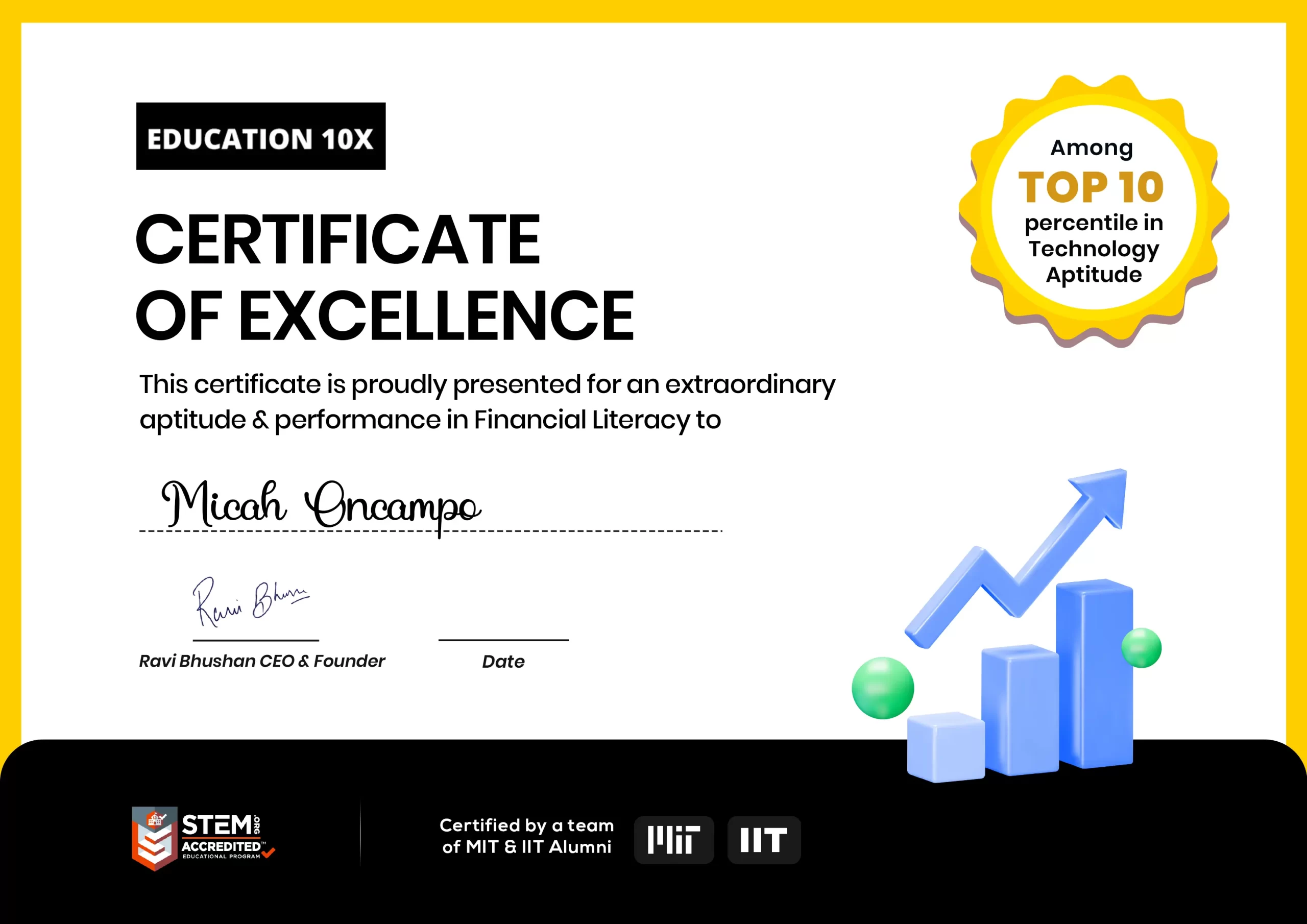As a young adult, managing your finances can be a daunting task. With so many expenses to consider and financial responsibilities to juggle, it’s easy to feel overwhelmed and uncertain about how to handle your money effectively. But mastering the art of money management is a critical skill that will serve you well throughout your life and there are fun activities like money games that can help you grasp the concept of money management in a smooth way.

That’s why we’ve compiled a list of seven essential money management tips for young adults to help you take control of your finances and pave the way for a secure financial future. Whether you’re just starting out in your career or you’re already a few years in, these tips will provide you with the guidance and insights you need to make smart financial decisions and achieve your goals. From setting a budget to building an emergency fund, we’ll cover everything you need to know to manage your money like a pro. So, let’s get started!
Table of contents
Tips for Money Management
Create a Budget
The first step to effective money management is to create a budget. A budget is a plan for how you will spend your money. It helps you understand your income, expenses, and how much you can save. To create a budget, start by tracking your income and expenses for a month. Then, categorize your expenses into fixed (e.g., rent, car payment) and variable (e.g., entertainment, groceries). Use your budget to identify areas where you can cut back on expenses and save more money.
Save for Emergencies
Emergencies can happen at any time, and having a financial safety net is essential. As a general rule, aim to save 3-6 months’ worth of expenses in an emergency fund. Start by setting a small savings goal, and then increase it over time. Consider setting up automatic transfers to your emergency fund each month. That way, you can gradually build up your savings without even thinking about it.
Pay Off High-Interest Debt
High-interest debt, such as credit card debt, can quickly accumulate and become a financial burden. It’s essential to pay off high-interest debt as soon as possible. Start by making a list of all your debts, including the interest rates and balances. Then, focus on paying off the debt with the highest interest rate first while making minimum payments on the others. Once you’ve paid off the first debt, move on to the next one and continue until all your high-interest debt is paid off.
For better understanding about what is robotics for kids. Read this article!
Invest for Your Future
Investing is an excellent way to build wealth over time. As a young adult, you have a long time horizon, which means you can take on more risk in your investments. Consider opening an individual retirement account (IRA) or contributing to your employer’s 401(k) plan. You can also invest in low-cost index funds or exchange-traded funds (ETFs), which provide broad market exposure.
Live Within Your Means
Living within your means is crucial to effective money management. It means spending less than you earn and avoiding unnecessary expenses. Consider ways to cut back on expenses, such as cooking at home instead of eating out or canceling subscriptions you don’t use. It’s also essential to avoid lifestyle inflation, which is when your expenses increase as your income grows.
Plan for Major Purchases
Big-ticket items, such as a car or a home, can have a significant impact on your finances. It’s essential to plan for these purchases and save accordingly. Consider setting a savings goal and creating a timeline for when you want to make the purchase. Research your options and compare prices to make sure you’re getting the best deal.
Seek Professional Help
Finally, don’t be afraid to seek professional help when it comes to money management. A financial advisor can provide valuable advice and help you create a comprehensive financial plan. They can also help you navigate complex financial products and investments.
Also, you have to know about the concept of python coding for kids
Conclusion
Effective money management is essential for young adults to achieve their financial goals and avoid financial pitfalls. It’s always better to learn about financial literacy from a young age which can help you as you grow. By creating a budget, saving for emergencies, paying off high-interest debt, investing for your future, living within your means, planning for major purchases, and seeking professional help, you can take control of your finances and build a strong financial foundation for your future.
To surf through more such blogs that can help you with financial literacy, do visit the BrightCHAMPS blog page now! Learn about financial education for kids also.
Frequently Asked Questions (FAQs)
1. Cook at home instead of eating out.
2. Cancel subscriptions you don’t use.
3. Use public transportation instead of owning a car.
4. Shop for deals and buy in bulk.
5. Set up automatic transfers to your savings account.
6. Look for free or low-cost entertainment options.
1. Not creating a budget.
2. Not saving for emergencies.
3. Accumulating high-interest debt.
4. Not investing for the future.
5. Overspending and living beyond your means.
6. Making impulsive purchases without considering the long-term consequences.









